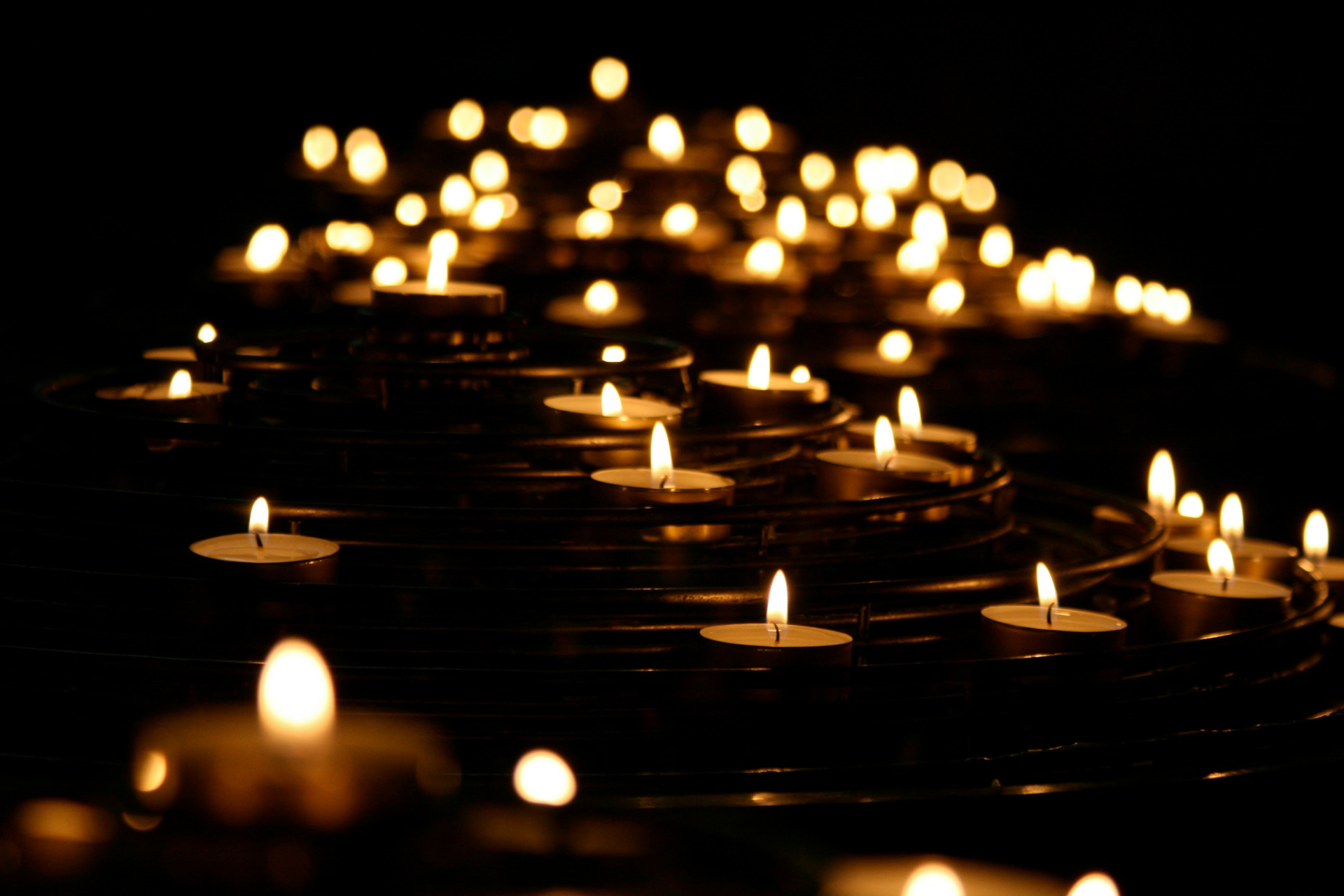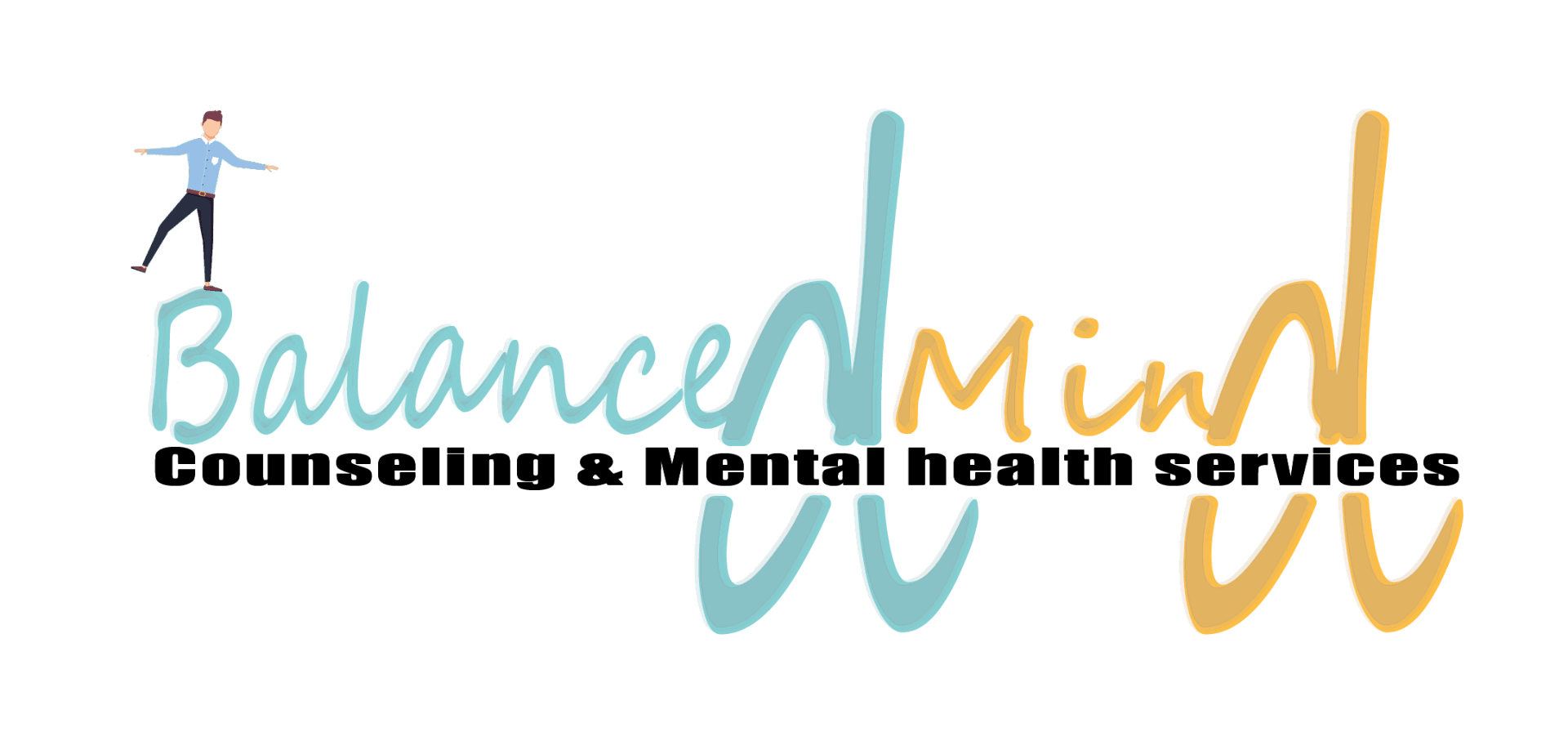How to Handle the Anniversary of a Loved One’s Death

September 11th will always be a tough day for countless numbers of Americans. While it is important to never forget those that gave their life in service of others in the tragedy of 9/11, and to keep those we love close to our hearts, it is also important to remember the importance of taking care of ourselves.
Understanding the Significance of an Anniversary Death
The anniversary of a loved one’s death can be an emotionally charged time, often bringing a resurgence of grief, memories, and longing. It is natural to feel sadness, anxiety, or even anger as the date approaches or arrives. Acknowledging these feelings is an important first step in coping and healing.
Ways to Cope with the Anniversary
Allow Yourself to Feel: Recognize and accept your emotions, whether they are sadness, anger, or even relief. Grief is a personal experience and manifests differently for everyone.
Create a Ritual or Tradition: Lighting a candle, visiting a special place, or sharing a meal in memory of your loved one can bring comfort and serve as a way to honor their life.
Reach Out for Support: Connect with family, friends, or support groups who understand your loss. Sometimes, talking or simply being around others can help alleviate feelings of isolation.
Write or Express Your Feelings: Journaling, writing a letter to your loved one, or creating art can be powerful outlets for grief and remembrance.
Practice Self-Care: Make time for activities that nurture your mind and body, such as taking a walk, meditating, or engaging in a hobby you enjoy.
Honor Their Memory: Consider making a donation to a cause your loved one cared about, volunteering, or doing something meaningful in their name.
Managing Expectations
Remember, there is no right or wrong way to spend the anniversary of a death. Some people find comfort in being alone, while others seek company. Listen to your needs and give yourself permission to grieve in your own way.
When to Seek Additional Help
If your grief feels overwhelming, persistent, or interferes with your daily life, consider reaching out to a mental health professional or grief counselor at Balanced Mind Counseling. Support is available, and remember, seeking help is a sign of strength—not weakness. Coping with the anniversary of a loved one’s death is a deeply personal journey. By honoring your feelings, remembering your loved one in meaningful ways, and seeking support when needed, you can navigate this difficult time with compassion for yourself.
